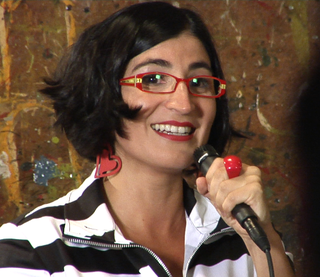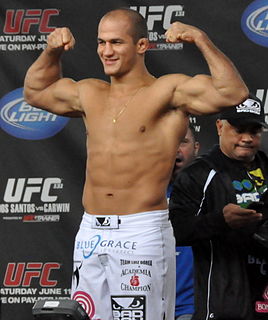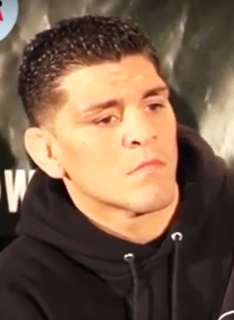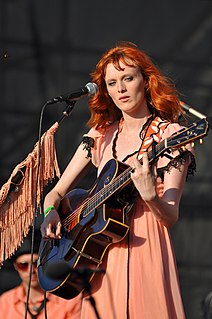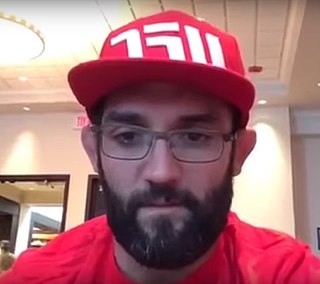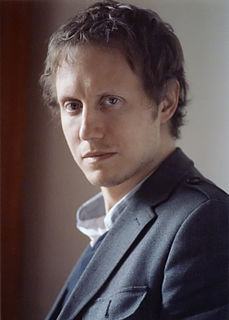A Quote by Agnes Varda
I'm still fighting. I don't know how much longer, but I'm still fighting a struggle, which is to make cinema alive and not just make another film.
Related Quotes
One moment it was there, another moment it is gone. One moment we are here, and another moment we have gone. And for this simple moment, how much fuss we make! How much violence, ambition, struggle, conflict, anger, hatred, just for this small moment! Just waiting for the train in a waiting room on a station, and creating so much fuss: fighting, hurting each other, trying to possess, trying to boss, trying to dominate - all that politics. And then the train comes and you are gone forever.
I knew that the black struggle wasn't my struggle. But I felt like it was my-struggle-adjacent, you know? I've always said that if you turn the dial in one direction, a Muslim is a Jew is an East Asian person is a Native American and so on. I feel very much that all of these struggles are kind of the same and - Hillary Clinton actually said this recently - when you get rid of one barrier, it opens up the gates for a whole bunch of people you didn't even know would benefit from it. So not fighting for the black struggle is like not fighting for the Muslim struggle.
I wanted to make sure the focus [in The Land] was on human beings themselves and their decisions, but still connected to the urban environment that people associate as being black. I think I was able to make a film without commenting on "black this or black that" and you still feel the presence of it. There's no one character who's saying "we're all black and we're all in this struggle." It's that you just feel it. Some of that is because we get the sense from a lot of independent films that black people struggle all the time.
I can understand that an audience, buying a ticket to see a picture of mine, wants to see something funny because they feel confident that at least I have a fighting chance to make a funny film when I make a film, whereas if I make a dramatic film there's one chance in a thousand that it's really going to come out great, so I understand how they feel about that and they're completely right.




